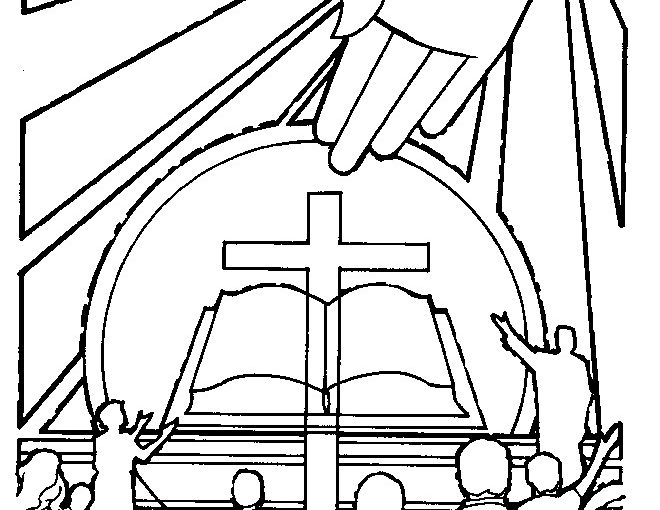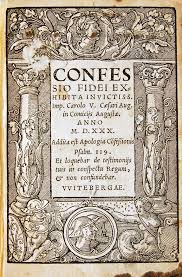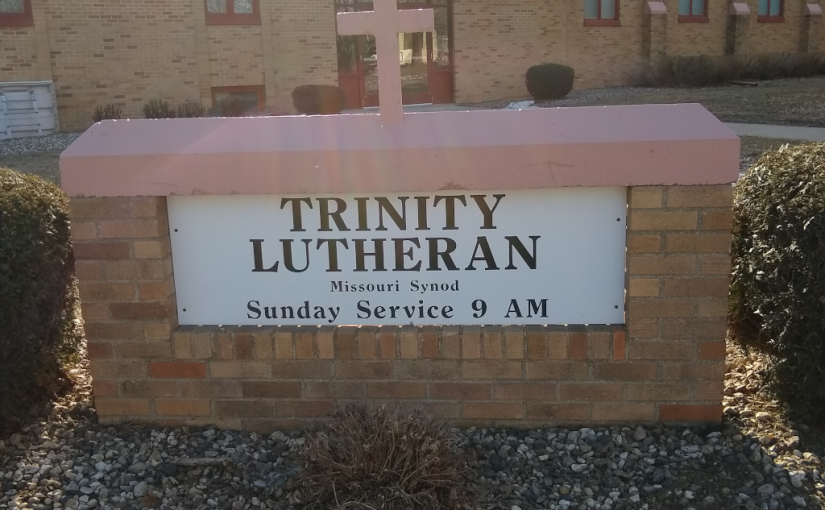The dictionary says a conundrum is a confusing or difficult decision. With the vaccine mandates, mask mandates, and all things Covid pandemic, Christians are placed in a difficult situation. Do we comply with the mandates, even if we personally believe they are wrong? Do we defy those in authority?
First off, are the mandates wrong? On September 9 the President issued a mandate that all Federal employees must be vaccinated. Also, most contractors doing business with the Federal government must have their employees vaccinated. There is no alternative way of compliance, such as weekly testing, for those who, for many reasons, do not wish to take the vaccine.
On the surface, this vaccination mandate seems reasonable. If the vaccines work as advertised, and if they are safe, this would help control the pandemic. We will never completely eradicate the disease, but we can better control it. If I care about my neighbor, would I not take efforts to keep him safe?
But, there is another aspect to this debate. The mandate does not allow for people who have health risks to abstain from the vaccine. The mandate does not allow for people who have moral reservations about the manufacture or testing of the vaccine to abstain from the vaccine. The mandate does not allow for people who desire to see the long-term effects of the vaccine to abstain from the vaccine. The mandate does not allow for anyone to consult with their physician concerning this vaccine, to see if it is appropriate.
Christians, according to Saint Paul writing in Romans 13, are to respect and obey authority. This is an application of the Fourth Commandment, and leads to peace in this society. But, when the authorities ask us to do something which goes against our beliefs and conscience, we reply with Peter, “We must obey God rather than men.” (Acts 5:29)
The authorities asking for employees to be vaccinated are not only from the Federal government, but include school districts, health care companies, airlines, and many other organizations. Do we comply, or can we ask for a religious exemption while the mandates are reviewed for legal and moral implications?
Several weeks ago, at the gathering of the pastors at the Circuit Winkel, we discussed the religious exemption letter. Several pastors noted that the Synod was neutral, for typically guidance would come from a convention or, at least, the CTCR (Commission on Theology and Church Relations). Neither body has had a chance to meet to discuss this issue. Also, Synod is advisory, so members are free to disagree.
Recently, however, I was asked to provide a letter justifying a religious exemption. I chose to accede to the request. After prayerful consideration, and after considering that we must act according to our informed conscience (i.e., a conscience which bases decisions on the Word of God), I provided the following letter.
Please note, this is written as a pastor, but not on behalf of the congregation. We have not met, either as a Board of Elders or as a Church Council, to ratify this as our official, congregational position. We will discuss the letter later this month at our regular meetings. Meanwhile, with deadlines approaching, something needed to be done.
Please feel free to comment to me about this letter.
=========================================
[Date]
To Whom it May Concern,
[Name,] who is a member of Trinity Lutheran Church, Slayton, Minnesota, is seeking a religious exemption from the immunization requirement. The Lutheran Church — Missouri Synod (LCMS) has not issued specific recommendations either for or against receiving the Covid 19 vaccine. However, the LCMS has always upheld the right of individual members who, in accordance with the Word of God, choose to exercise their faith in accordance with theirconscience.
Jesus Christ, as recorded in several places, quoted the Old Testament law: Jesus answered, The most important is, ‘‘Hear, O Israel: The Lord our God, the Lord is one. And you shall love the Lord your God with all your heart and with all your soul and with all your mind and with all your strength. The second is this: You shall love your neighbor as yourself. There is no other commandment greater than these.’’ [Mark 12:29-31 (ESV)]
The Lutheran doctrine of vocation recognizes that each person has a unique calling in life, and a unique set of circumstances. For some, serving their neighbor may include abstaining from alcoholic beverages, for others the responsible use of alcohol is permitted. This becomes a matter of conscience. Saint Paul considered this matter of conscience in his letter to the Romans: One person esteems one day as better than another, while another esteems all days alike. Each one should be fully convinced in his own mind. The one who observes the day, observes it in honor of the Lord. The one who eats, eats in honor of the Lord, since he gives thanks to God, while the one who abstains, abstains in honor of the Lord and gives thanks to God. [Romans 14:5-6 (ESV)]
In matters of the vaccine, we adopt the same stand. If a person accepts the risks of the vaccine, then they are free to be immunized. If a person, for several reasons, declines the vaccine, we support this decision.
For what reasons might a person not be vaccinated? First, there is the concern for personal health. The Fifth Commandment says, ‘‘Thou shalt not kill.’’ Certainly this applies to caring for our neighbor, one of the arguments for being vaccinated. But the Commandment also condemns self harm. If one has a history of a negative reaction to various medications, then one needs to abstain from them. To use medications similar to those which have caused physical harm in the past is, in fact, contraindicated by this Commandment. It becomes not only a matter of health, but a matter of obedience to God’s Law.
We believe that our bodies are the temple of the Holy Spirit, as Saint Paul explained to the congregation in Corinth: Do you not know that you are God’s temple and that God’s Spirit dwells in you? Ifanyone destroys God’s temple, God will destroy him. For God’s temple is holy, and you are that temple. [1 Corinthians 3:16-17 (ESV)]
If we firmly believe that a certain substance may harm our body, we are bound by conscience to abstain. In [Name’s] case, I am aware of his/her reluctance to use any medications because of his/her medical history. This is not simply a medical issue, but one of sincere faith.
There is a moral duty to refuse the use of medical products, including certain vaccines, that arecreated or tested using human cell lines derived from abortions. Several of the vaccines which are available do use human fetal cell lines, thus they should not be considered by anyone who believes that murdering the unborn is wrong.
As [Name’s] pastor, I fully support his/her decision concerning this vaccine based on discussions of his/her faith, moral reasoning, and matters of conscience. To quote Martin Luther, ‘‘…to go against conscience is neither right nor safe. Here I stand, I can do no other, so help me God.’’
Please feel free to contact me if you have additional questions.
Respectfully yours,
Rev. Dr. Jeffrey B. Williams
Pastor







